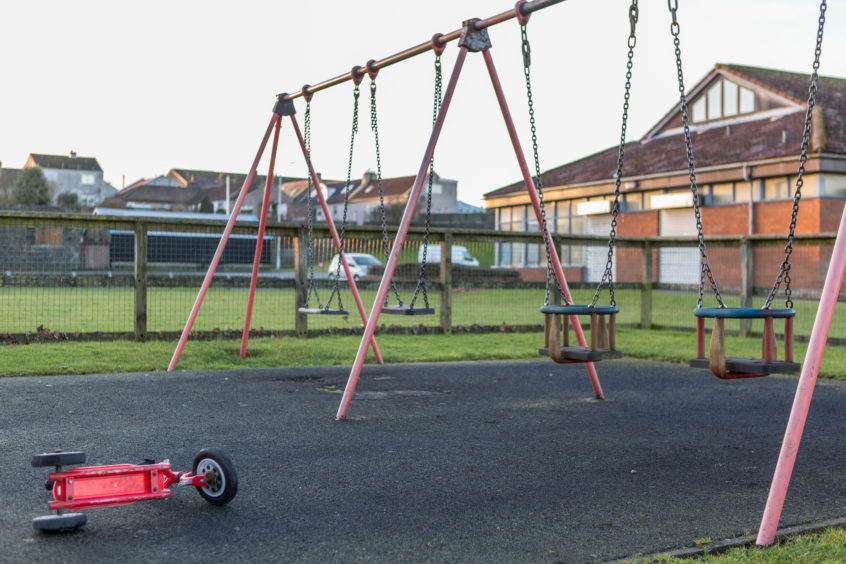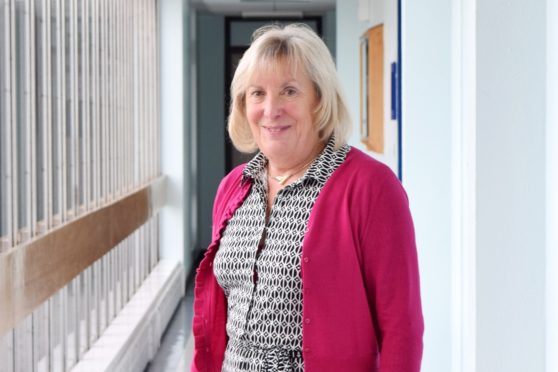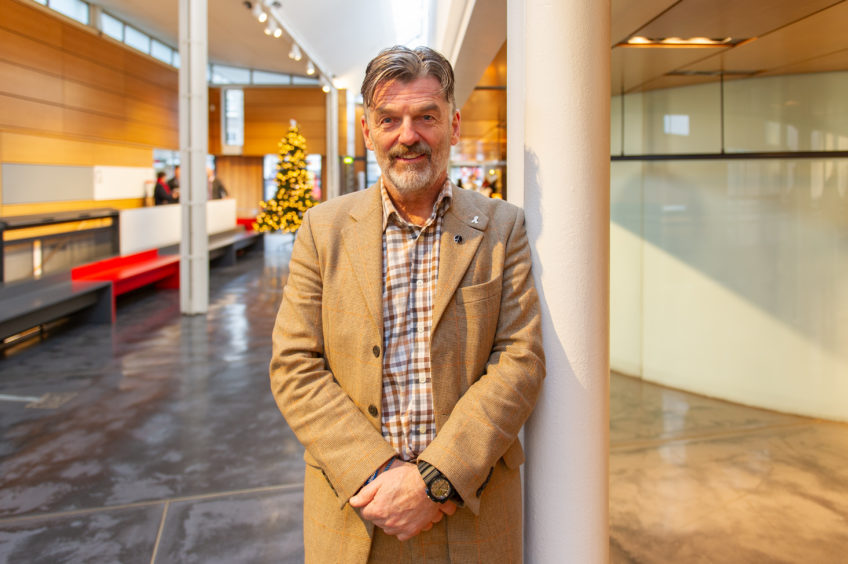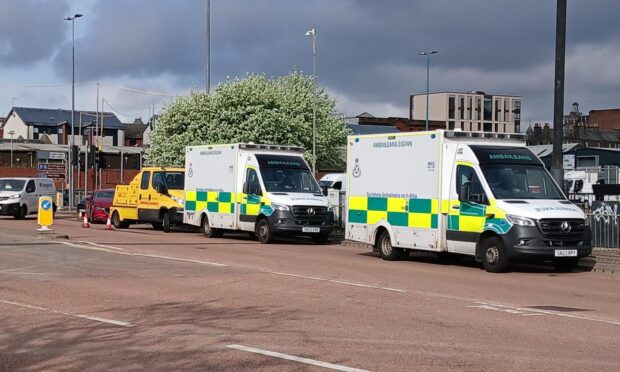Tackling the scourge of poverty will be key if a new 10-year public health strategy in Tayside is to succeed.
That was the message delivered to NHS Tayside’s director of public health by Dundee Integrated Joint Board (IJB) chairwoman Trudy McLeay.
Drew Walker told its members that the Public Health Strategy for NHS Tayside 2020-2030 will require “genuine transformational change”.
Ms McLeay praised the work being done by NHS Tayside to help people make healthy choices to improve diet and reduce obesity in the region.
But she warned some people were too poor to have a healthy diet, which would continue to consign the least well-off to a greater risk of diet-related illness.
She highlighted a case of the “heat or eat” dilemma in Dundee.
She gave an example of a young woman in poverty who went to a food bank.
She said the woman was given a packet of dried pasta among the items but when she got home she decided against cooking it.
Ms McLay said the reason was that it would cost less electricity to put a more unhealthy meal in the microwave.
Mr Walker thanked Ms McLay for the feedback and told of the need for “profound and radical strategic shifts” that “reorientate our health service in a new direction”.
NHS Tayside has published its draft which has been going through an online consultation questionnaire with stakeholders which closes on Friday.
In Scotland, a quarter of all children are living in poverty, with 70% of those living in a household where at least one adult is working.
In Tayside, levels of child poverty are lower than in Scotland as a whole, but highest in Dundee and least in Perth and Kinross.
The document stated there is very strong evidence that child poverty has a very “significant impact on the health and wellbeing of affected children, and that these effects persist into adulthood”.

Mr Walker said tackling poverty is a big part of the public health agenda in Tayside.
He said a lot needs to happen at national and international levels but there are things that can and are being done at local level to improve things.
The document said there are also growing concerns about mental health and wellbeing across all age groups and about the impact that substance misuse is having on individuals, families and the wider community.
All of these factors have contributed to increasing demands on the health and social care system.
The document stated they highlight the need for a public health response that can work “effectively across organisational boundaries to prioritise and provide accessible, preventative services and support for the right people at the right time and in the appropriate way”.
Mr Walker said: “Imagine a health and social care system where we design and develop all of our services alongside people and, the insights of people with lived experience add to our application of the scientific evidence to improve prevention, treatment and care.
“Imagine a system that bases its investment decisions on the benefits for longer term health and places a high value on the return on that investment: investing to save and deploying its people to use every healthcare contact as a health improvement opportunity?
“This could be our common weal.”
He said that whilst this “alternative future” may seem “an impossible or a fantastical, utopian ambition”, there were real examples of where there has been this “level of transformational change”.
Mr Walker highlighted the world renowned work of the Violence Reduction Unit in turning around knife crime.











